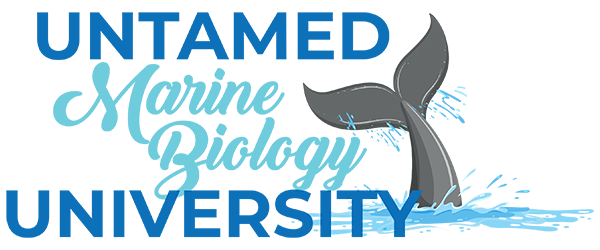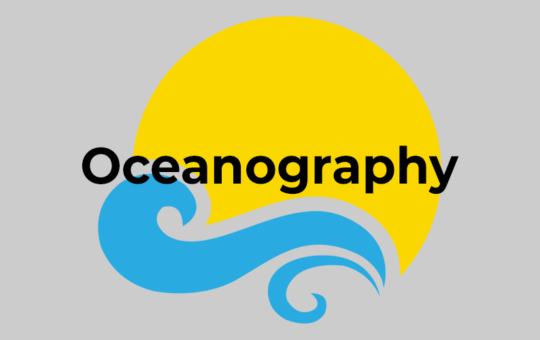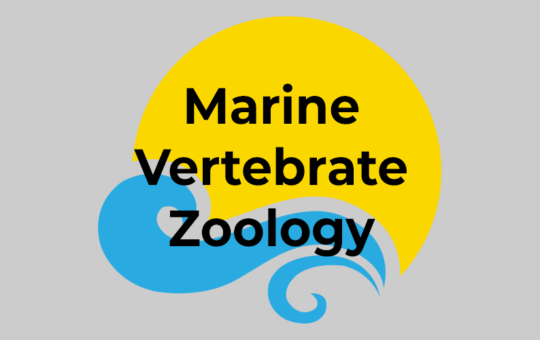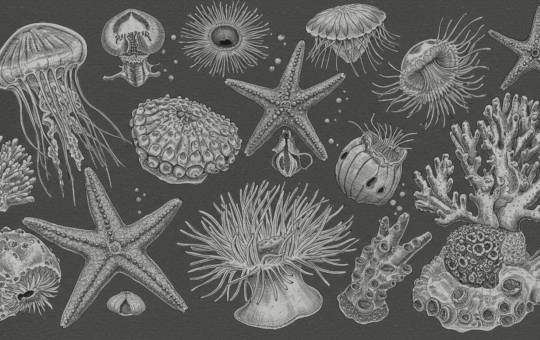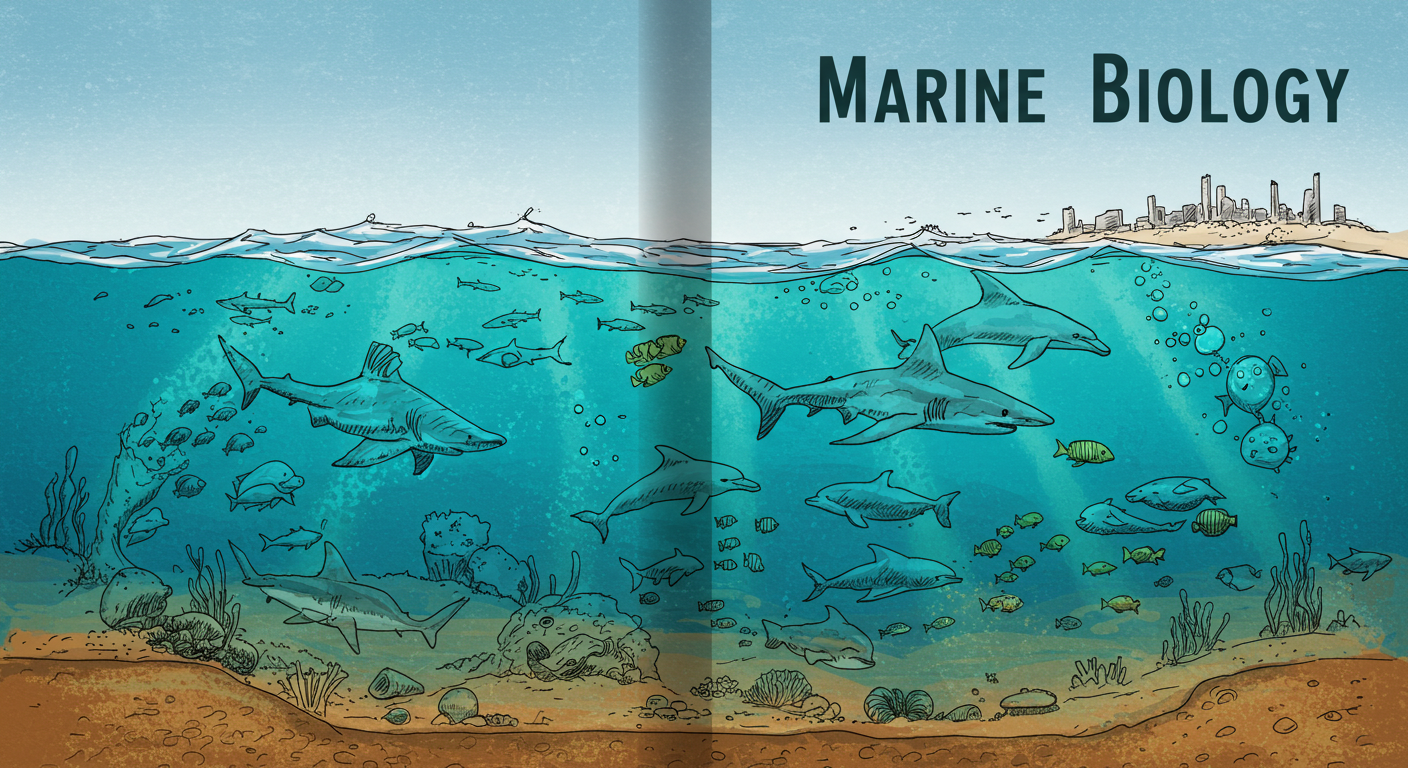
Marine Biology
Marine Biology delves into the fascinating world of marine organisms and their ecosystems, offering students an in-depth understanding of life in the ocean. This course explores the diverse range of marine life, from microscopic plankton to the largest whales, and examines their adaptations to the unique conditions of the marine environment. Students will study the various marine habitats, including coastal zones, coral reefs, the open ocean, and deep-sea environments, learning how these ecosystems function and support such a rich diversity of life. The course emphasizes the importance of marine biodiversity and the ecological roles of different marine species, highlighting their contributions to the health and stability of oceanic systems.
In addition to biological aspects, the course addresses key physical and chemical properties of marine environments, such as salinity, temperature, and ocean currents, which influence the distribution and behavior of marine organisms. Students will also explore the human impact on marine ecosystems, discussing issues like overfishing, pollution, and climate change, and the measures needed for marine conservation. Through a combination of lectures, field trips, and laboratory exercises, students will gain practical skills and knowledge essential for pursuing careers in marine biology, conservation, and related fields.
Curriculum
- 4 Sections
- 12 Lessons
- 1 Quiz
- 0m Duration
Section 1: Introduction to Marine Biology
- Chapter 1: Introduction to Marine Environments
- Chapter 2: Physical and Chemical Properties of Marine Environments
- Chapter 3: Marine Biodiversity
Section 2: Marine Organisms
- Chapter 4: Marine Plants and Algae
- Chapter 5: Marine Invertebrates
- Chapter 6: Marine Vertebrates
Section 3: Marine Ecosystems and Habitats
- Chapter 7: Coastal and Intertidal Zones
- Chapter 8: Coral Reefs
- Chapter 9: Open Ocean and Deep-Sea Environments
Section 4: Human Impact on Marine Ecosystems
- Chapter 10: Pollution in Marine Environments
- Chapter 11: Climate Change and Marine Ecosystems
- Chapter 12: Conservation and Management of Marine Resources
- Course 2: Marine Biology - Assessment Test
